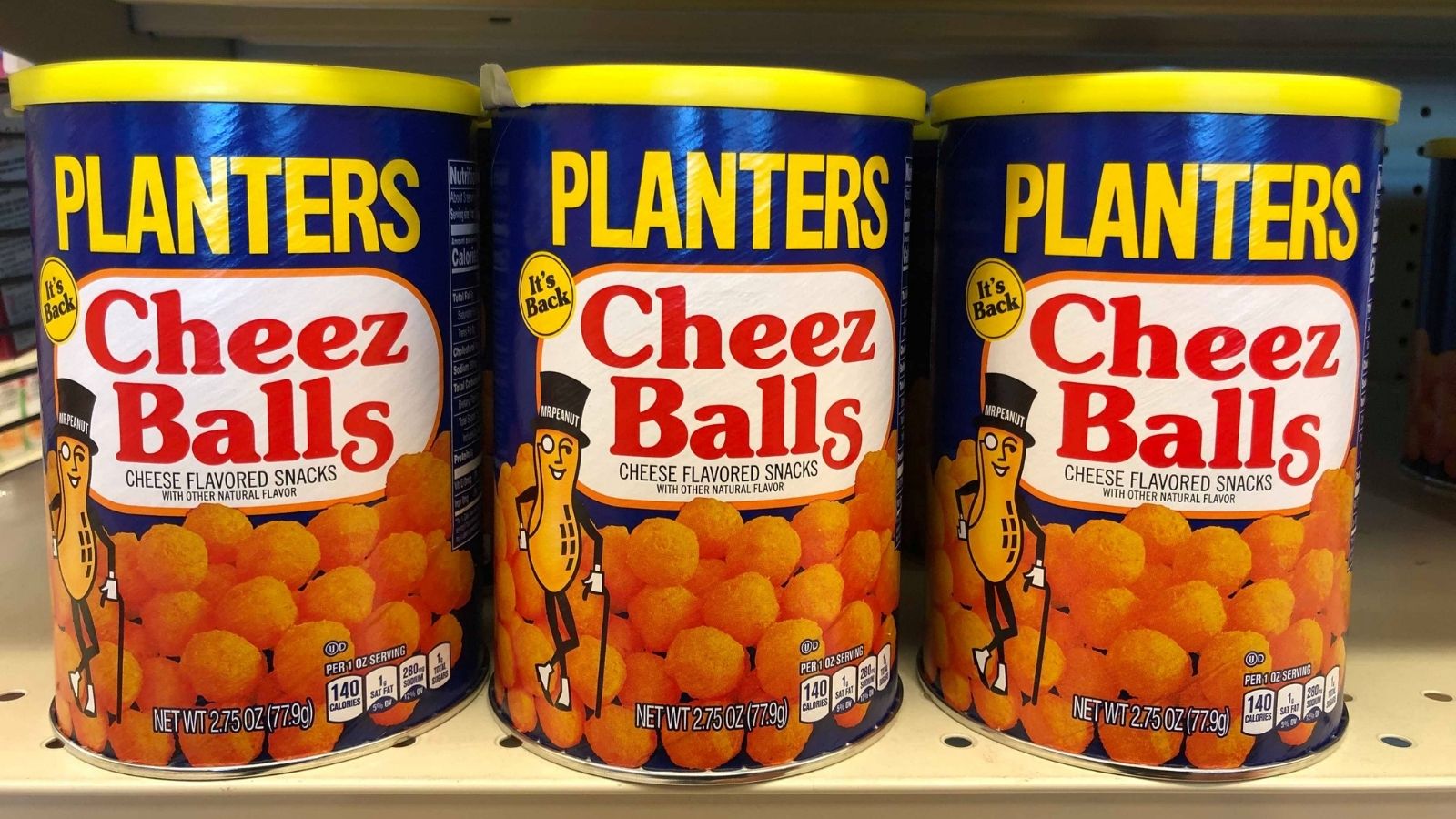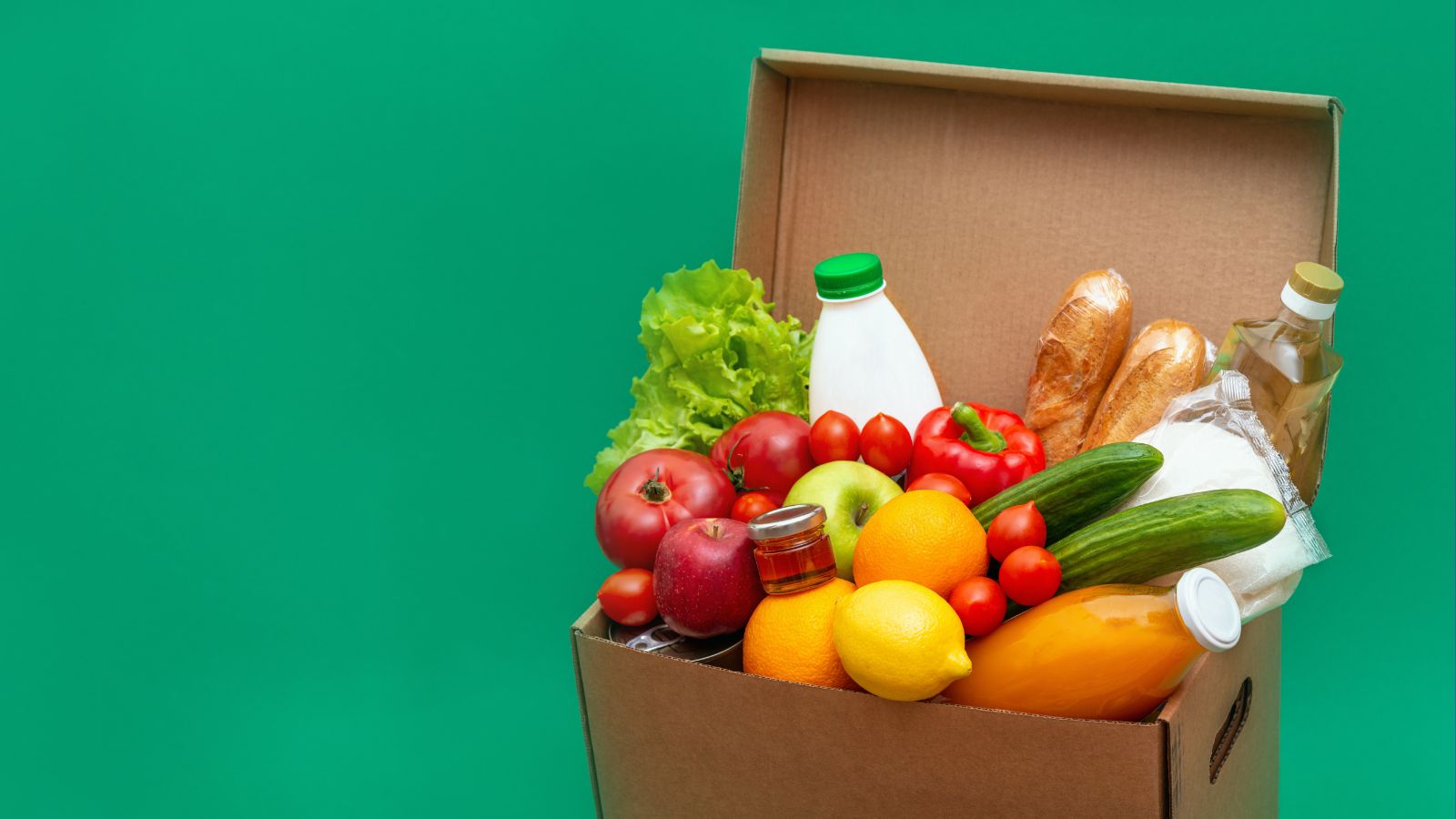Canada’s economic relationship with the United States is deeply entwined, with cross-border trade influencing nearly every consumer category. However, not all imported products benefit Canadians, some come at a steep price to the environment, local industries, or public health. As consumer awareness grows, many Canadians are starting to rethink where their money goes and what values they’re supporting. Here are 16 American products Canadians should stop buying immediately.
Ultra-Processed American Snack Foods

Many popular American snack brands are packed with artificial flavors, high-fructose corn syrup, and questionable preservatives. While they’re often heavily marketed and widely available, these snacks contribute to rising health issues like obesity and diabetes. Canadian alternatives, many with simpler, natural ingredients, are not only healthier but support local jobs. It’s time Canadians think twice before reaching for that neon-orange American chip bag.
American Bottled Water Brands

Buying bottled water imported from the U.S. makes little sense in a country like Canada, which has some of the cleanest natural water sources in the world. American water brands often come with inflated prices and unnecessary environmental costs tied to plastic use and transport emissions. Choosing local brands or simply using a reusable bottle with filtered tap water is far more sustainable. This is one category where supporting local truly makes a difference.
American Dairy Products

Canadian dairy is produced under a supply-managed system that ensures high-quality, hormone-free products. Some American dairy products, by contrast, are made using recombinant bovine growth hormone (rBGH), a substance banned in Canada. Additionally, buying imported dairy undermines Canadian farmers who are already facing pressure from trade agreements. Sticking with domestic dairy supports health, sustainability, and national food security.
Cheap Fast Fashion Chains

Several American fashion giants offer trend-driven clothing at rock-bottom prices, but the real cost is hidden. These clothes often come from exploitative overseas labor and are made to fall apart quickly, encouraging overconsumption. Canada has its own rising fashion labels that emphasize ethical production and sustainable materials. Avoiding fast fashion from the U.S. is a way to vote with your wallet.
Gas-Guzzling American Vehicles

Big, flashy trucks and SUVs are often glamorized by American carmakers, but they tend to be fuel-inefficient and costly to maintain. For Canadians dealing with high fuel prices and winter conditions, these vehicles can be more burden than benefit. Homegrown and international automakers offer better alternatives in terms of efficiency and performance. Buying locally or thinking globally can ease financial and environmental strain.
American Cleaning Products with Harsh Chemicals

Many American household cleaning brands contain ingredients that are banned or restricted in other countries, including Canada. These chemicals can harm indoor air quality and pose risks to pets and children. Canadian-made eco-friendly cleaning products are widely available and just as effective. Switching to safer, locally produced options is a simple way to protect your health and environment.
U.S. Pharmaceutical Brands

Despite being neighbors, drug pricing policies differ drastically. Many American-made pharmaceuticals are significantly more expensive, and in some cases, Canadians pay a premium for branded versions available in generic form locally. Buying Canadian generics not only saves money but supports the country’s healthcare economy. It also reduces reliance on a system plagued by lobbying and price gouging.
Processed Meats from the U.S.

Some American meat products contain additives, antibiotics, and growth hormones that are banned or tightly regulated in Canada. Beyond health concerns, importing meat undermines Canadian farmers and increases the carbon footprint due to transportation. Local butchers and farms often offer cleaner, more ethically sourced options. Opting for Canadian meats supports both wellness and responsible agriculture.
High-Sugar American Breakfast Cereals

U.S. cereal brands often contain more sugar than Canadian or European counterparts, with artificial colors and minimal nutritional value. These cereals are aggressively marketed to children, making them especially problematic. Healthier, locally produced cereals provide better options without compromising on taste. Canadian parents should take a second look at the cereal aisle.
Overpriced American Tech Accessories

Chargers, headphones, and other tech accessories from big American brands are often marked up significantly compared to generic or Canadian-made versions. Many of these accessories offer little in terms of improved quality, relying instead on branding. Canadians can find better value through independent brands or domestic tech retailers. Cutting out the markup supports smarter shopping.
American Subscription Boxes and Services

Many popular subscription services—beauty boxes, meal kits, and curated product bundles, are U.S.-based and come with high shipping fees, customs charges, or poor environmental practices. Canada has its own subscription services tailored to local tastes and seasonal products. Supporting them keeps dollars in the Canadian economy while often delivering higher quality and better customer service. Local alternatives are more in tune with Canadian lifestyles and values.
Imported American Produce

In off-season months, American fruits and vegetables flood Canadian stores. While this ensures availability, it often means produce that’s been treated with preservatives or picked before ripeness for shipping. Canada’s greenhouse industry and local farms now offer more year-round options. Choosing Canadian-grown produce reduces emissions and keeps your food fresher.
Plastic Toys from U.S. Giants

Many big American toy brands manufacture overseas using cheap plastics and dyes, often without strong environmental or ethical oversight. Meanwhile, Canadian toymakers are gaining recognition for producing sustainable, non-toxic, and educational toys. Swapping mass-market toys for local or eco-conscious alternatives benefits kids and the planet. Plus, supporting Canadian small businesses helps fuel a creative economy.
American Supplements and Fitness Products

Fitness supplements from the U.S. can be heavily marketed but are often underregulated, with inconsistent quality or unnecessary ingredients. Canadian health products are subject to stricter labeling and content standards under Health Canada. There’s peace of mind in knowing what you’re putting into your body is safe and locally vetted. Supporting Canadian wellness brands keeps health a top priority.
U.S.-Branded Coffee Chains

American coffee chains dominate Canadian urban centers, but their offerings are often over-roasted, overpriced, and environmentally questionable. Many Canadian cafes and roasters focus on fair trade, organic beans and community-centric values. By choosing a local coffeehouse over a global giant, consumers support a sustainable coffee culture.
Pre-Packaged American Frozen Meals

Frozen dinners from American brands are typically packed with sodium, preservatives, and low-quality ingredients. They’re marketed for convenience but often lack real nutritional value. Canadian brands, including many from Indigenous or immigrant-owned businesses, offer frozen meals made with integrity and healthier choices. Supporting them not only tastes better but nurtures a better food future.
21 Products Canadians Should Stockpile Before Tariffs Hit

If trade tensions escalate between Canada and the U.S., everyday essentials can suddenly disappear or skyrocket in price. Products like pantry basics and tech must-haves that depend on are deeply tied to cross-border supply chains and are likely to face various kinds of disruptions
21 Products Canadians Should Stockpile Before Tariffs Hit
